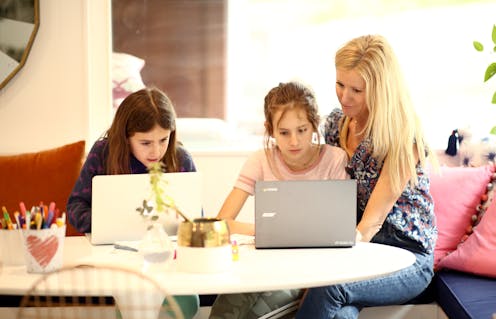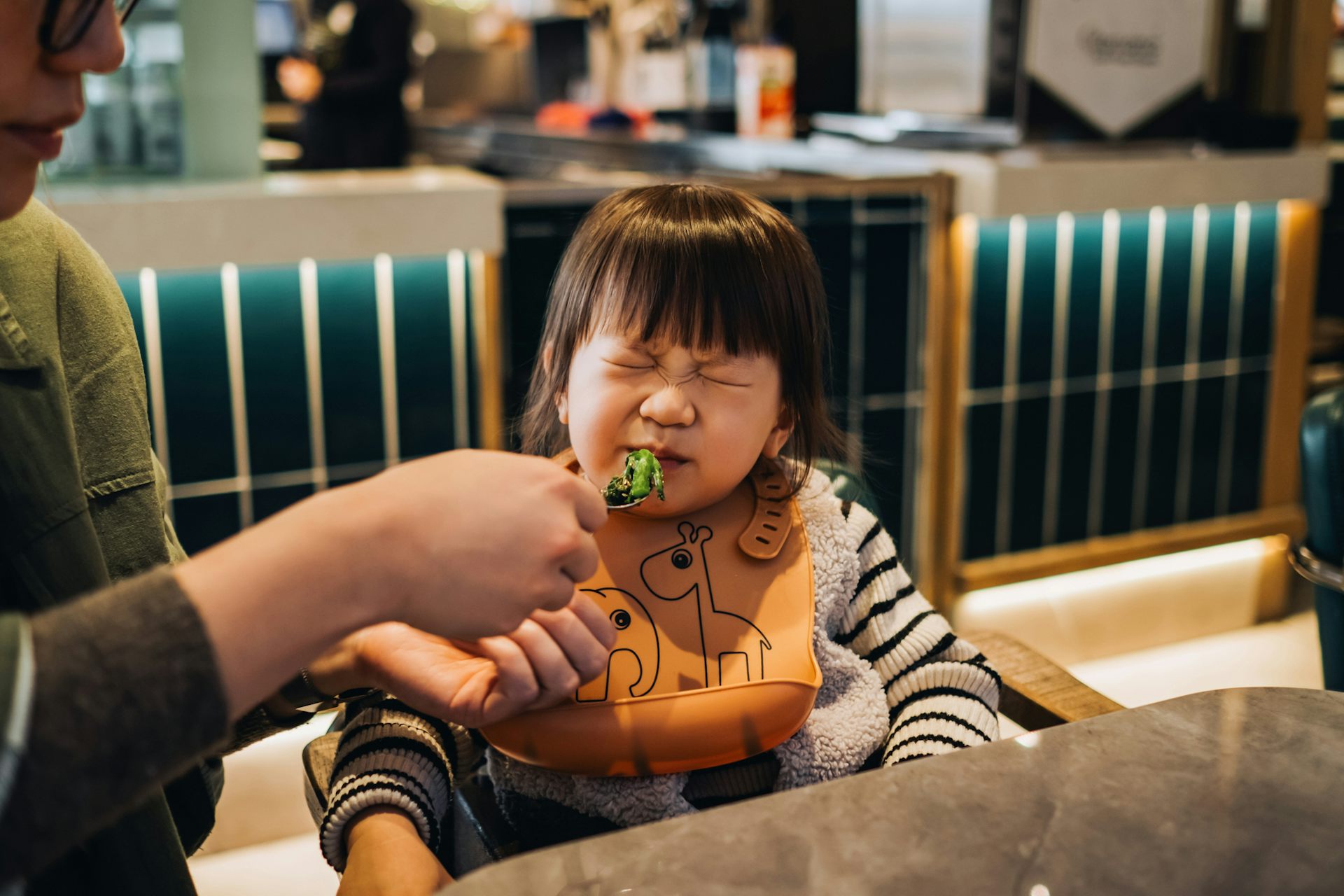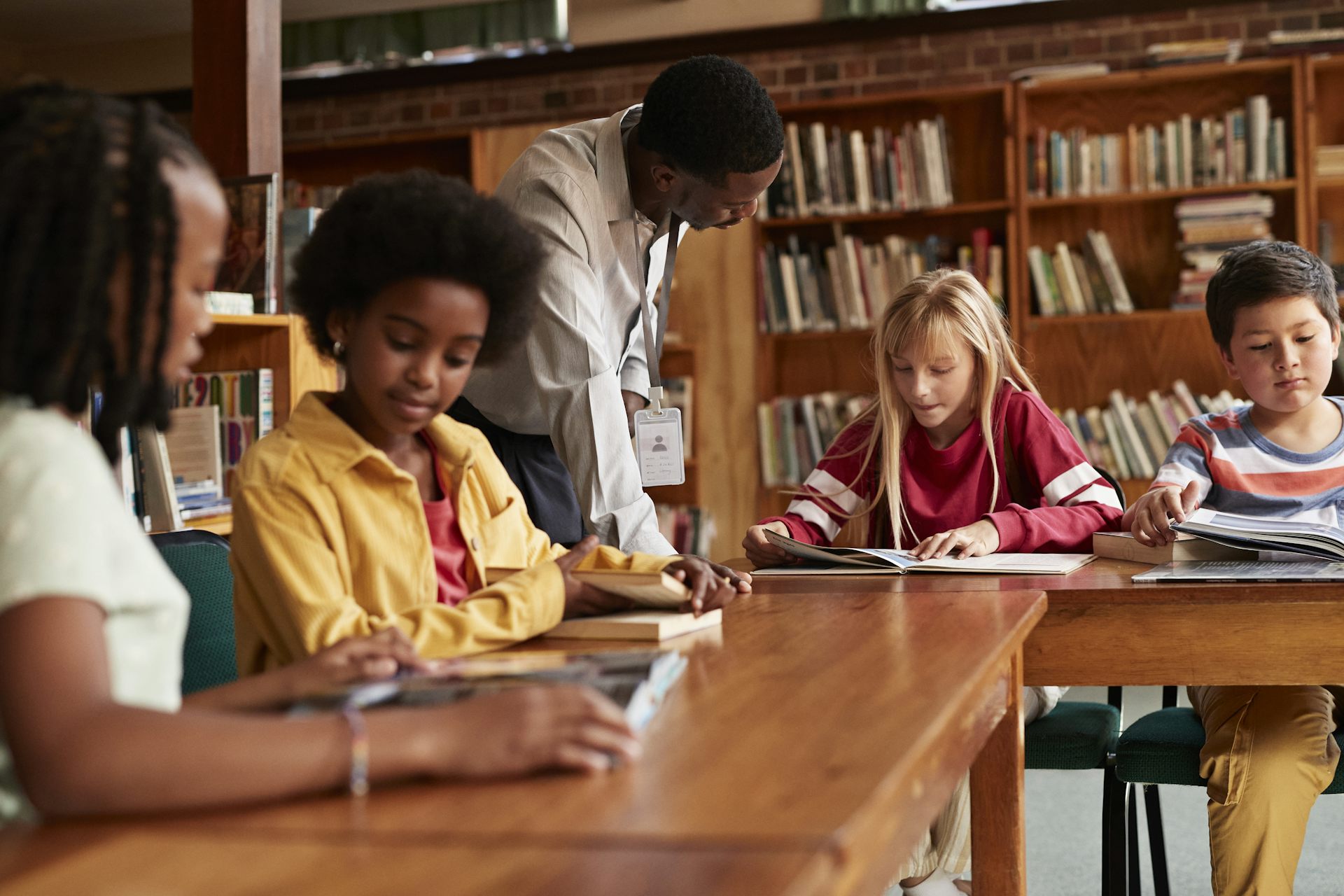How do we protect ourselves at home during coronavirus, and what if someone has been exposed? 4 ques
Before schools and workplaces closed, people could have been exposed. How do we best manage that?

Editor’s note: As coronavirus spreads through the country, states have closed schools and nonessential businesses and prohibited group gatherings. This leaves most of us at home, but many of us live in close quarters with other people. We asked public health experts from the UNLV School of Public Health how people can protect themselves from being infected with the new coronavirus in these situations.
1. How do we protect ourselves from each other?
The idea behind social distancing is to create physical separation that reduces each individual’s risk of infection. While staying home in order to limit contact with others is straightforward, your contact isn’t really limited unless you live alone. While you can’t avoid your family members altogether, you will have to think about your living situation and take reasonable steps that are appropriate for you and your family.
If there is someone with a compromised immune system in your home, the other family members should act as if they are a risk of infection to that person. They should limit direct contact with the compromised person as much as possible and wash their hands before any contact, just as a health care worker would. Family members with compromised immune systems should also maintain a six-foot separation from other family member when possible. They should stay home and allow other family members to run errands such as picking up food or prescriptions for them.
During these uncertain and stressful times, it is important that we maintain our emotional interactions with others. You can still use text messages, phone calls or video chat to be part of each others’ lives. However, it is not the time for sleepovers, travel to visit relatives or friends, playdates, parties or small group gatherings. It is also not the time to visit older family members or friends at high risk of disease.
2. What if someone in my household has been exposed?
Just because a person has been exposed does not mean that they will get sick. The purpose of self-quarantine is to keep exposed people away from well people so that if they do become sick, they don’t spread their illness.
Before schools and businesses closed, a person under self-quarantine stayed home while the rest of the family went about their normal lives. As everyone is now staying at home, you might be forced to spend more time in close contact with someone who has been exposed to a known case of coronavirus.
Infected people may be able to spread the virus before the symptoms begin, but experts don’t yet know how likely they are to infect others and when they become infectious. This is why it is important that an exposed person limits contact with others in their household. While other members of the household don’t need to do anything in particular, people under self-quarantine should:
• Practice social distancing with other household members, which means staying at least six feet away. If possible, stay in a separate room.
• Practice good hygiene and wash their hands regularly.
• Avoid sharing household items or eating utensils.
• Clean high-touch surfaces, including your phone, game controllers, remotes, light switches, faucets and toilet handles, regularly. But be mindful of using strong chemicals in enclosed spaces, as improperly used chemicals can cause eye or throat irritation or breathing problems.
If the person does not develop the disease within 14 days of exposure, the risk has passed and the person no longer needs to self-quarantine.
3. One of us is sick. What do I do now?
If you have to take care of a sick family member, you must also protect yourself. There are additional things that both of you can do to protect your health:
• Isolate the sick person from other people in the household in a separate room if possible.
• Have only a single family member care for that person, minimizing the risk to other family members.
• In addition to everyone practicing regular hand-washing, the caregiver should wash their hands after any direct contact with the sick person.
• The sick person should cover their mouth and nose with a tissue when they cough or sneeze, then discard it.
• Don’t share household items or eating utensils.
• If the weather permits, open windows to increase ventilation.
You should continue these practices until the person is no longer infectious. Because testing is difficult to obtain, you can stop these steps 72 hours after symptoms have resolved and at least seven days have passed since symptoms first appeared.
4. What if I can’t do these things?
Many of these actions, such as hand-washing and cleaning, can be done by anyone, even if several people are living in a small household. While putting a sick relative in a separate room is ideal, it may not be an option in a small space. In that case, the sick person should stay at least six feet away from everyone else. The sick person should wear a mask if they have one to limit the spread of their infection. If you don’t have a mask, a bandana or scarf may provide some protection against spreading disease to other family members as well.
[Get facts about coronavirus and the latest research. Sign up for our newsletter.]
Brian Labus previously received funding from the Centers for Disease Control and Prevention and the National Institutes of Health.
Shawn Gerstenberger has received funding from the CDC, EPA, NSF and HUD. He is affiliated with several non-profits including Three Square Food Bank, Rebuilding Together of Southern Nevada, the Nevada Public Health Institute and Nevada Public Health Foundation.
Casey Barber does not work for, consult, own shares in or receive funding from any company or organization that would benefit from this article, and has disclosed no relevant affiliations beyond their academic appointment.
Read These Next
Picky eating starts in the womb – a nutritional neuroscientist explains how to expand your child’s p
While genes do influence some food preferences, positive experiences can help make new tastes easier…
How transparent policies can protect Florida school libraries amid efforts to ban books
Well-designed school library policies make space for community feedback while preserving intellectual…
Why Stephen Colbert is right about the ‘equal time’ rule, despite warnings from the FCC
The ‘equal time’ rule has been around for a century and aims to promote broadcasters’ editorial…





